
Building a More Honest Internet
What would social media look like if it served the public interest?
Recommendation
Ethan Zuckerman confronts the problem head on: The internet needs a new model. Now it is a decidedly mixed blessing – a commercial free-for-all in the United States, a channel for the dissemination of falsehoods and election manipulation and, in some countries, a tool of authoritarianism. Societies dealt with a similarly consequential technological innovation more than a century ago with the advent of radio. Even with the contemporary flawed internet, Zuckerman writes in the Columbia Journalism Review, there is one venue where truth usually wins out: Wikipedia. He reports that such precedents can help today's users make the internet safer, truer and better.
Summary
About the Authors
Former director of the MIT Center for Civic Media, Ethan Zuckerman co-founded MediaCloud.org. He wrote Digital Cosmopolitans: Why We Think the Internet Connects Us, Why It Doesn't, and How to Rewire It; and Mistrust: Why Losing Faith in Institutions Provides the Tools to Transform Them. His book Rewire: Digital Cosmopolitans in the Age of Connection won the Zocalo Book Prize.









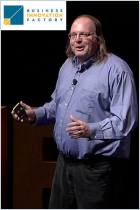
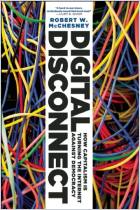
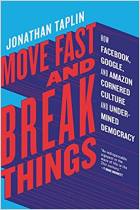
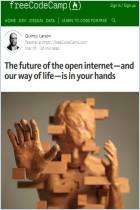
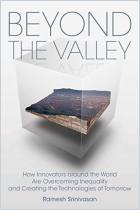
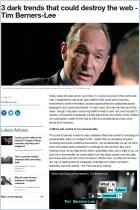
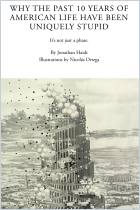

Comment on this summary or 开始讨论